
Spy crisis escalates as Russia rages over US ‘trying to recruit diplomats’ after it expels 23 more envoys
Earlier in the day Moscow had summoned the ambassadors of a number of nations including Britain, France, Germany and Canada to tell them of retaliatory measures
The international crisis that followed the poisoning of ex-spy Sergei Skripal continued to worsen on Friday as Russia railed against the US for allegedly attempting to recruit its diplomats and the UK for searching a Russian plane in London.
The Russian Foreign Ministry claimed that after expelling 60 Russian diplomats earlier this week, the US had made “frantic efforts” to recruit them; it also said that British authorities had searched an Aeroflot plane in London without reason.
Those remarks came hours after Russia expelled diplomats from 23 countries in quid-pro-quo retaliation for the exile of its own envoys, and also demanded the UK further reduce its presence in Moscow.
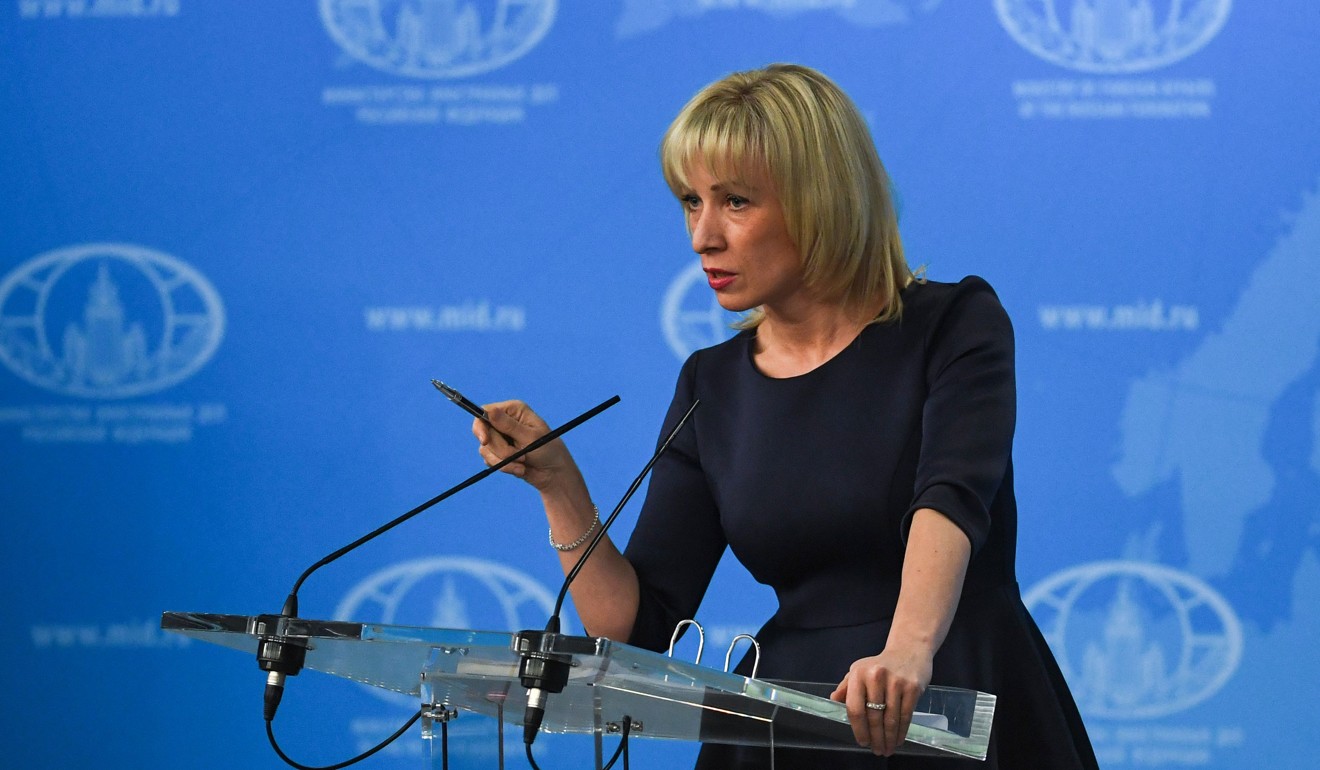
According to the ministry, there was a “sharp increase in provocative actions against Russian diplomats” following the expulsion of the diplomats earlier this week.
It said American intelligence services had engaged in “frantic efforts” to make cooperation offers to the envoys, who were removed in solidarity with Britain, which says Russia was behind the poisoning of Skripal and his daughter in England. Russia denies the claim.
The ministry described the alleged US overtures as “cynical and disgusting”, and said that the recruitment attempts had failed.
In a separate press conference, ministry spokeswoman Maria Zakharova complained that UK police searching an Aeroflot plane at a London airport was “the latest provocation” from the country.
Daughter of ex-spy is recovering after ‘being poisoned by Russia’
Zakharova did not specify the London airport where the search was taking place, but a Heathrow-to-Moscow flight had its expected arrival delayed by about three hours, according to online tracking services.
Earlier in the day, envoys from Germany, Spain, the Netherlands, Norway and Ireland were all told to leave Russia as the Kremlin began a tit-for-tat removal of foreign dignitaries, matching the number of Russians removed from each country.
It also told the UK that it would have to further reduce its presence in Moscow, upping the ante after it matched the 23 Russian diplomats expelled from Britain after the poisoning of former Russian double agent Sergei Skripal with the nerve agent Novichok.
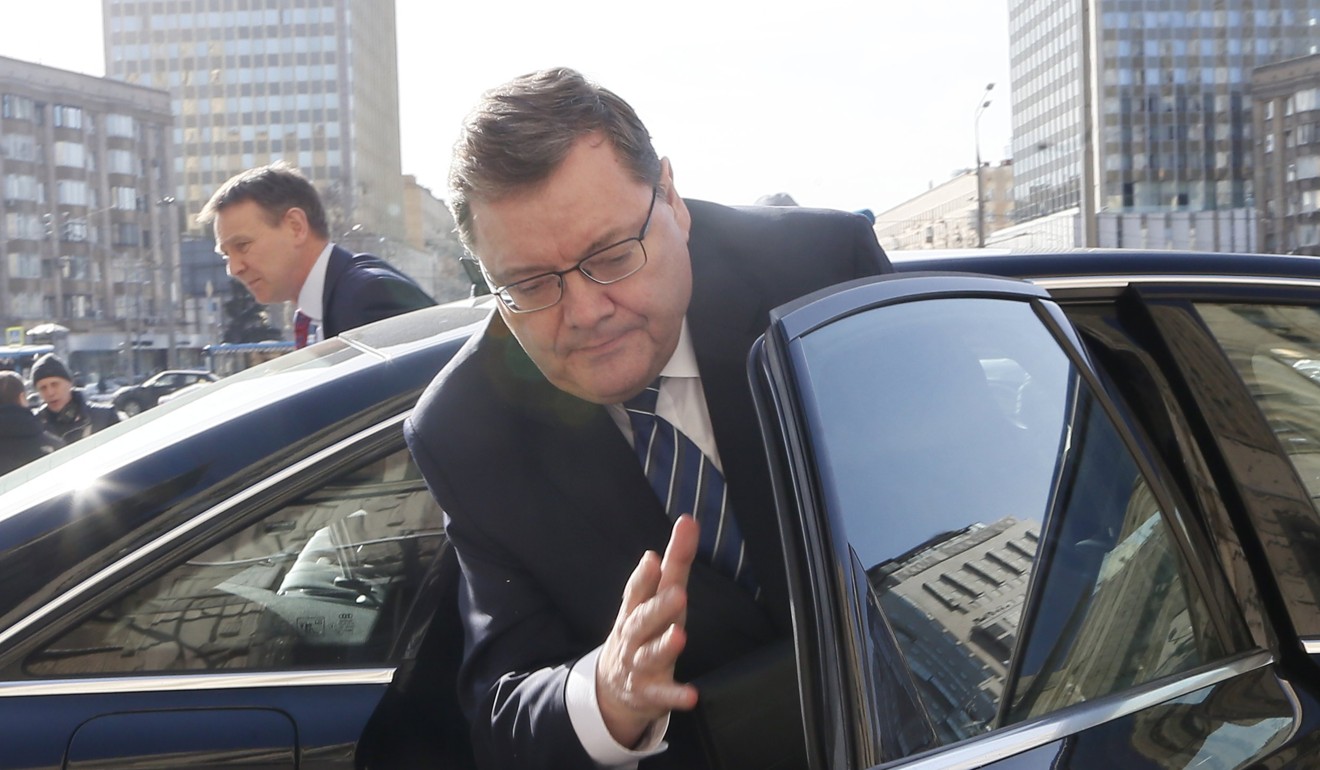
The move came one day after Russia announced it was expelling 60 US diplomats and closing the consulate in St Petersburg in retaliation for Washington’s moves.
The countries informed Friday of expulsions were Australia, Albania, Germany, Denmark, Ireland, Spain, Italy, Canada, Latvia, Lithuania, Macedonia, Moldova, the Netherlands, Norway, Poland, Romania, Ukraine, Finland, France, Croatia, the Czech Republic, Sweden and Estonia.
Moscow said it would consider mirror expulsions of diplomats from Belgium, Hungary, Georgia and Montenegro. The statement did not mention Nato, which is expelling seven Russians.
Earlier in the day Russia had summoned the ambassadors from the various nations to tell them of the retaliatory measures.
Ambassador Renee Jones-Bos of the Netherlands said she had been told two diplomats would be expelled.
“Two of my colleagues are leaving Moscow. But we [embassy staff] are staying here,” state news agency TASS quoted her as saying.
The Russian foreign ministry also gave Britain a month to cut its number of diplomatic staff in Russia to the same as Russia has in Britain.
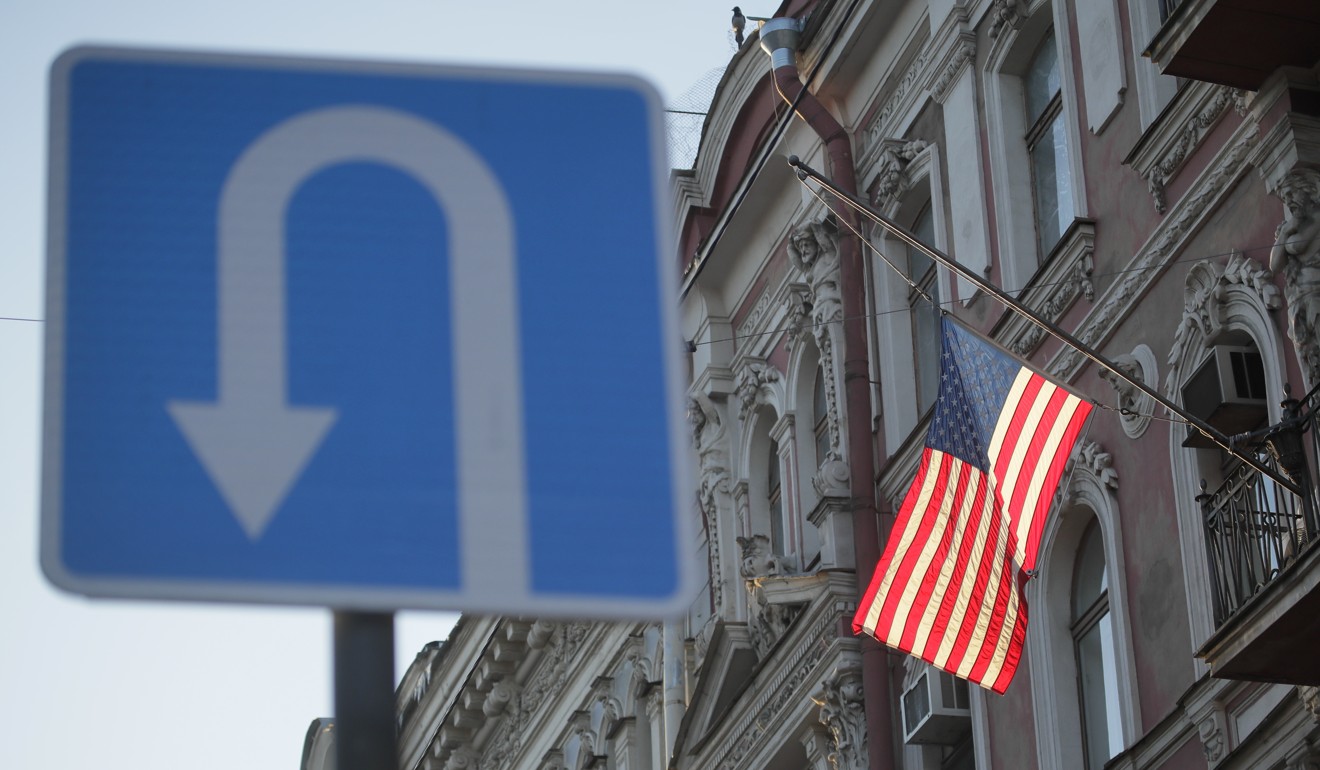
Moscow has already announced that it would expel 60 US diplomats and close Washington’s consulate in St Petersburg after the expulsion of its own diplomats and the closing of one of its US consulates.
In all, more than 150 Russian diplomats have been ordered out of the US, EU and Nato member nations and other countries in a coordinated action against Moscow.
The countries accuse Russia of being involved in the poisoning of Skripal and his daughter Yulia in a nerve agent attack in the English city of Salisbury on March 4.
The ambassadors had earlier been seen arriving at the Russian foreign ministry, an Agence France-Presse journalist reported.
“The ambassadors will be handed protest notes and told about the Russian side’s retaliatory measures,” the foreign ministry said in a terse statement.
The ministry did not say what those steps would be, but Russian Foreign Minister Sergei Lavrov said Thursday that Moscow would respond with “tit-for-tat” measures, but that they might “not only” be symmetrical.
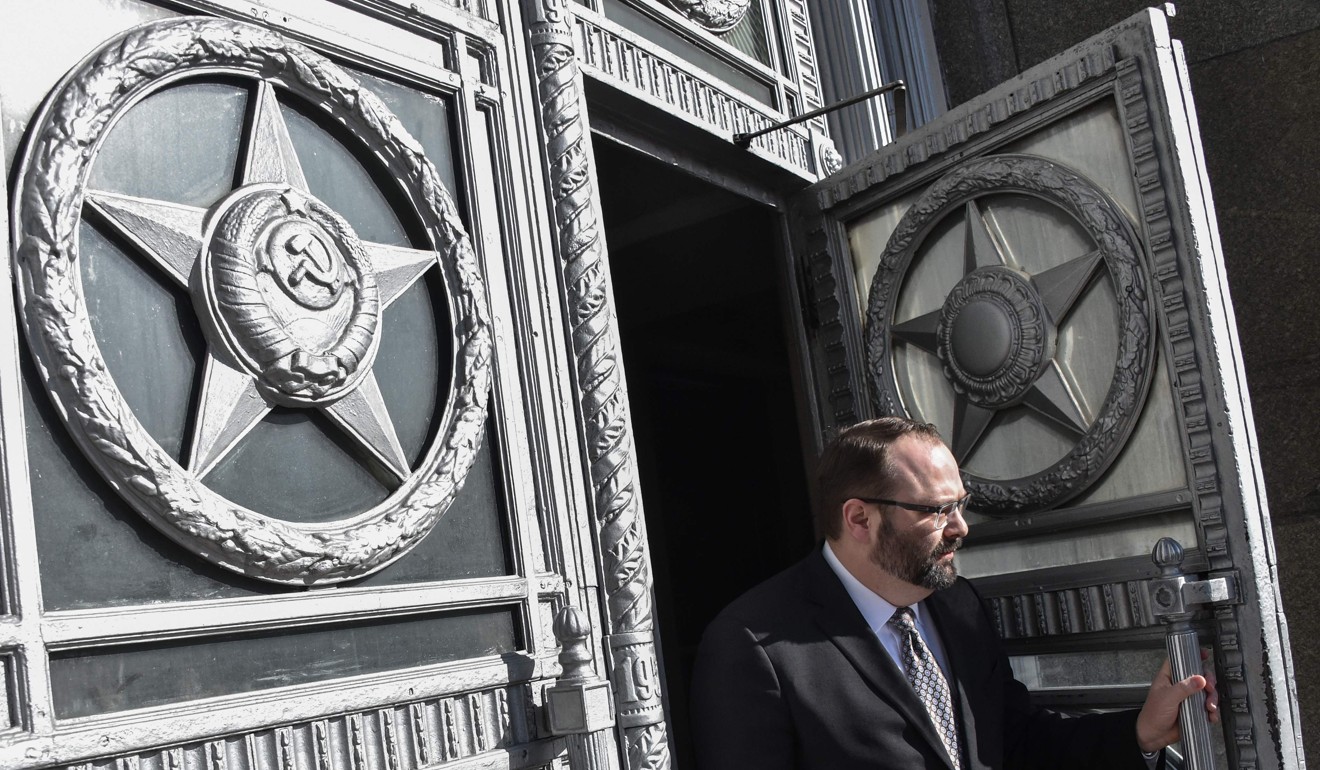
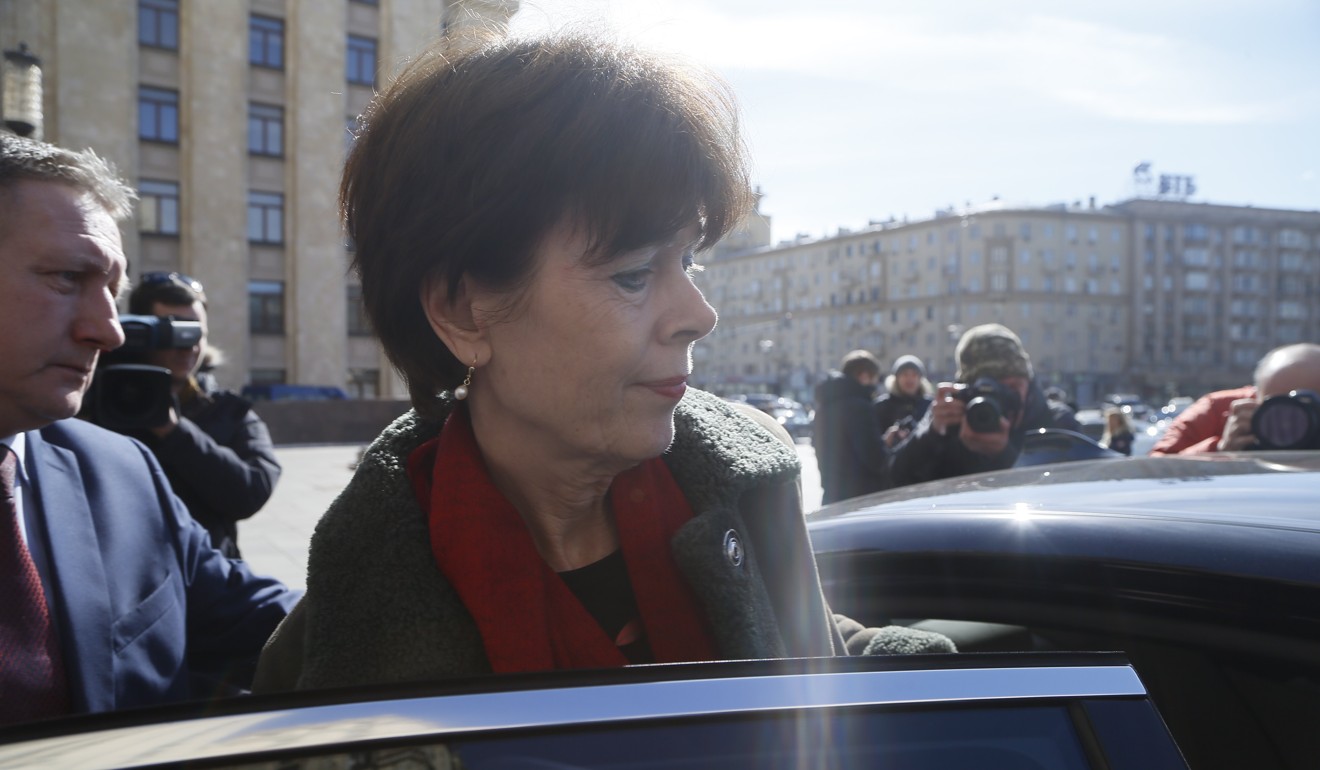
The Kremlin said Friday that it was not Russia that had started the dispute with the West.
“Russia did not unleash any diplomatic war,” President Vladimir Putin’s spokesman Dmitry Peskov said. “Russia never initiated any exchange of sanctions.”
“Russia has been forced to take retaliatory steps in response to hostile, illegal actions” by Washington, he said, adding that Moscow wanted “good relations” and remained open for dialogue.
Some people in St Petersburg said they welcomed the move.
“This is great news,” said Viktor Glushko, 60. “It is about time. Relations will not get worse because they were never good, and we will get by without them.”
In Washington, the State Department said Thursday that there was no justification for the Russian move and that the United States “reserves the right to respond”.
“It’s clear from the list provided to us that the Russian Federation is not interested in a dialogue on issues that matter to our two countries,” spokeswoman Heather Nauert said of the expelled diplomats.
White House press secretary Sarah Sanders said Russia’s expulsion of US diplomats marked a “further deterioration” in relations between the two countries.
Lavrov said the US ambassador to Russia Jon Huntsman had been informed of “retaliatory measures”.
The hospital where Skripal and his daughter are being treated said Thursday that Yulia, 33, was “improving rapidly and is no longer in a critical condition”, while 66-year-old Sergei remained in a critical but stable condition.
Britain has said it is “highly likely” that Russia was responsible for the attack using the Novichok nerve agent developed in the Soviet Union, but Russia has denied any involvement.
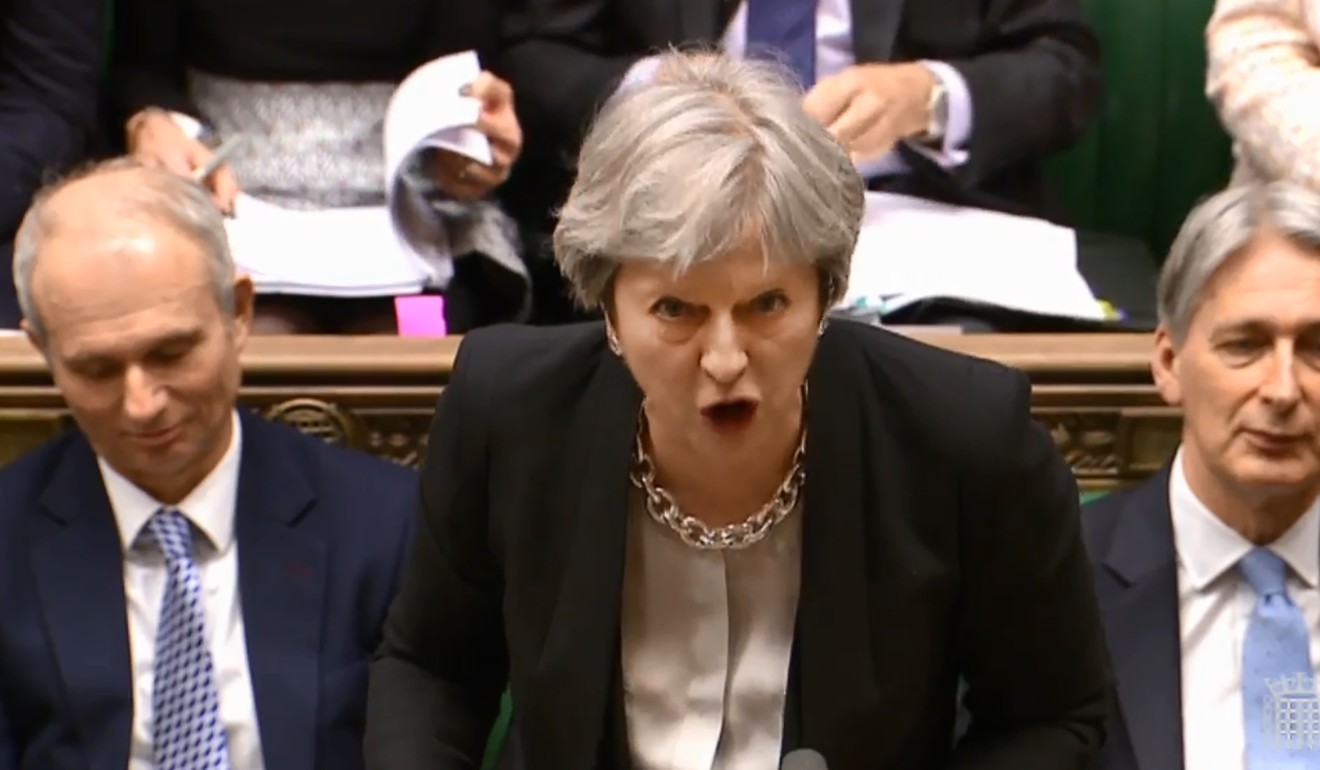
Russia said 58 diplomats from the US embassy in Moscow and two from the consulate in the city of Yekaterinburg have to leave Russia by next Thursday.
The US consulate general in St Petersburg will have to be vacated by Saturday.
Moscow warned that Huntsman’s suggestion that the US could also freeze Russian state assets would lead to “further serious deterioration in our relations”.
It also warned that it could take further measures in response if Washington “continued hostile actions” against the Russian embassy and consulates.
Lavrov said Russia was also mulling responses to the other countries that have expelled its diplomats.
“As for the other countries, it’s also all symmetrical measures as to the number of people who will be leaving Russia from diplomatic missions, and that’s all so far,” Lavrov said.
The measures might “not only” be symmetrical, he added.
Lavrov said Britain had informed Moscow of the state of health of Yulia Skripal on Thursday and that Russia had asked again for access to her as a citizen.
After the poisoning, Britain reacted by announcing that it would expel 23 Russian diplomats, suspend high-level diplomatic contact with Moscow and not send royals to the 2018 soccer World Cup hosted by Russia.
Russia then responded by closing a British consulate in St Petersburg and closing the British Council educational and cultural organisation.

.png?itok=arIb17P0)
